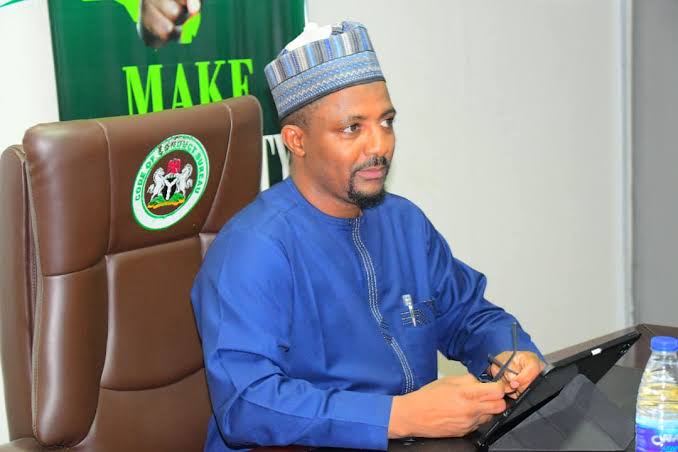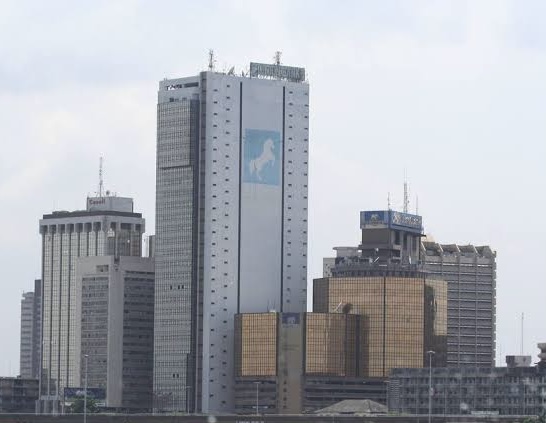
Northwest Petroleum & Gas Company Ltd is an indigenous player in Nigeria’s downstream oil and gas sector with a growing footprint in fuel marketing, depot services, and logistics. With headquarters in Lagos and an operational base inside the Calabar Free Trade Zone, the company has emerged as a mid-sized operator with strong regional presence and local ownership.¹ Its corporate materials emphasise import/trading, storage and supply of refined products, with tank-farm infrastructure, gantries, AccuLoad systems and a combined storage capacity just under 100 million litres—figures that align with independent industry reporting.² ³
In the evolving landscape of oil and gas employment in Nigeria, companies like Northwest Petroleum play a critical role in creating jobs, especially outside Lagos and Abuja. With increasing focus on localisation, regulatory compliance, and efficiency, human capital has become a key strategic lever. How well Northwest is aligning its HR policies with these expectations merits close review.
Unlike many publicly listed peers, Northwest is a privately held firm, so detailed HR disclosures are limited. Even so, a useful picture emerges from verifiable company pages, industry documents and employee-review platforms.
What the signals show
Structure and task ownership. Informal staff commentary repeatedly cites clear role assignment, exposure across operations and “a good place to start a career,” particularly in depot/retail logistics roles.⁴ ⁵
Safety culture and compliance. Corporate pages and public communications highlight HSE commitments, quality control and certifications (DPR/NMDPRA, SON), with an emphasis on laboratory testing and terminal safety—table stakes in petroleum handling.² ⁶ ⁷
Promotion delays and mobility constraints. Some reviewers note slower promotion cycles, limited visibility into criteria, and uneven internal mobility across functions.⁵
Workload and balance. Operations teams (depot, fleet, retail logistics) can face extended hours—common in the sector—but there is little public articulation of wellness provisions or rota-discipline on company channels.
Employer brand gap. The website foregrounds integrity, safety and operational excellence, but there is minimal, public-facing detail on HR philosophy, learning frameworks or career architecture—an opportunity to attract/retain technical talent.
Key HR strengths (from public evidence)
Critical areas for improvement
Strategic recommendations (practical levers)
Summary of public-review signals (Northwest Petroleum)
|
Platform |
Metric (as displayed) |
Latest public value |
Notes / typical themes |
|
Glassdoor |
Overall rating |
3.3 / 5 (≈23 reviews) |
Mid-tier score for Nigeria; sentiment skew positive.⁸ |
|
|
“Recommend to a friend” |
84% (≈22–23 reviews) |
Above typical mid-range for local peers.⁸ |
|
|
Positive business outlook |
64% |
Confidence in growth trajectory.⁸ |
|
Indeed (Nigeria) |
Aggregate rating |
— |
Page shows role-level reviews rather than a stable overall score.⁴ ⁵ |
|
|
Common positives |
— |
“Good management,” “training & re-training,” “good place to start,” cross-functional exposure.⁴ ⁵ |
|
|
Common concerns |
— |
Progression visibility; plateau after early learning curve.⁵ |
|
Locations mentioned |
— |
Lagos (HQ), Calabar (Operational Base) |
Matches company “Contact Us” page.¹ |
Method note: Only verifiable, Nigeria-based public pages were used. Where numeric snapshots change over time (e.g., review counts/ratings), the table reflects the values visible on the cited pages at the time of writing.
Why this matters now
Downstream operators compete on reliability and safety—but the decisive edge is quietly shifting to people systems. In tight technical labour markets, the firms that make progression visible, learning portable and voice credible will keep the talent that keeps product moving. Northwest already projects operational discipline. Converting that discipline into codified HR practice—and showing it—would strengthen retention and hiring without diluting performance.
Hypotheses for further inquiry
Bottom line
Northwest Petroleum & Gas Company Ltd represents the resilient middle of Nigeria’s downstream sector—structured, ambitious, and quietly expanding. Its HR practices reflect a commitment to functional efficiency but would benefit from deliberate investment in talent development, communication and staff progression. In a labour market hungry for inclusion and advancement, these steps are essential to securing long-term workforce loyalty.
About the Author
Dr Olufemi Ogunlowo is the Publisher of Anchor News and the CEO of Strategic Outsourcing Limited, a leading provider of personnel and business process outsourcing services in Nigeria.












